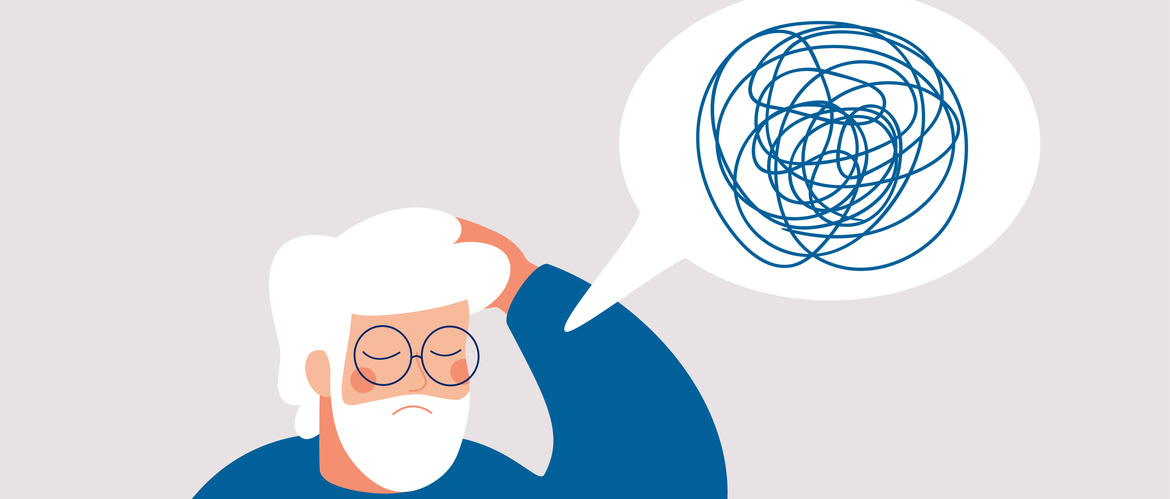
Choose a channel
Check out the different Progress in Mind content channels.

Progress in Mind

The debilitating mental health effects of physical decline, lack of economic productivity, and poor sense of self-worth are revealed in study of 77 elderly depressed men interviewed in the Californian Men's Health and Aging Study.1 A consequence is that older males are at higher risk of suicide than any other population group.
In the Health and Aging Study report “Shards of Sorrow”, 1 one man speaks of his helplessness: “…and it hurts me not to be able to do what I had done in the past for people….. When you reach a certain age, you feel useless. You feel like there's nothing more to do, I just want to die.”
Another feels overwhelming loss… “If [one] does not have the love of a son, does not have the love of a wife because she has passed, or you always have problems with them, one wonders ‘what am I doing here? I don't have people's understanding, I don't have anything, absolutely nothing’…”.
Depression can result when aging undermines traditional concepts of masculinity
Of course, those interviewed were not a random sample of elderly males: some embrace new roles such as that of experienced mentor. [For a positive view of mental wellbeing in old age [read more here]. The interviews were all with men who said they had depression. But they show the distress when loss of employment, loss of health, and loss of family seem to remove all purpose in life.
The interviews also showed how some men seek to cope by appearing obviously “masculine” – ie by behaving aggressively - or by severing contact and avoiding social interactions that may lead to feelings of shame.
Male suicide risk rises with age
In men, suicide rates climb steeply after the age of 70 years.2 This increase is far less evident in women. Among while males in the USA, the suicide rate reaches almost fifty per hundred thousand, a figure five times the nation’s age-adjusted rate.
Smaller social networks mean men are more at risk of isolation than women
Certain risk factors are clear:2,3
Depression in the elderly is underdiagnosed and undertreated,4 and practitioners should consider it in people with anxiety, preoccupation with somatic symptoms, and a change in function. People with a previous history of depression are at increased risk, as are those with dementia.4
Our correspondent’s highlights from the symposium are meant as a fair representation of the scientific content presented. The views and opinions expressed on this page do not necessarily reflect those of Lundbeck.
1. Apesoa-Varano EC et al. Soc Sci Med 2015;124:1–8
2. Conwell Y et al. Psychiatr Clin North Am 2011;34:45-68
3. Conejero I et al. Clin Interv Aging 2018;13:691–9
4. Allan CE et al. Practitioner2014;258:19-22